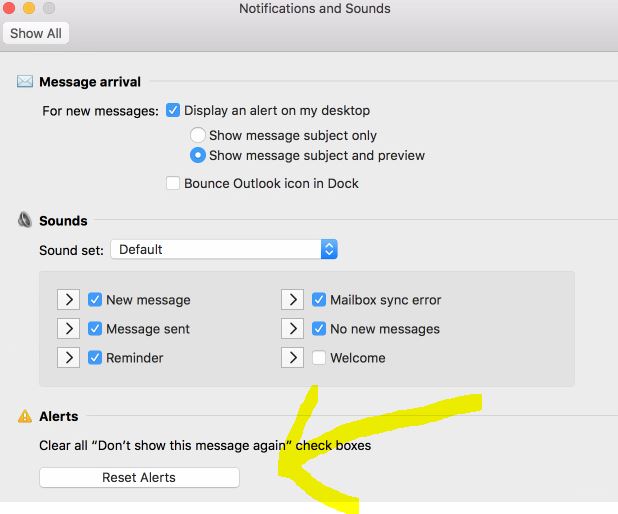

- #Outlook mac sync errors how to
- #Outlook mac sync errors update
- #Outlook mac sync errors password
- #Outlook mac sync errors windows
This article will cover how to fix Outlook issues that plague the everyday user in 2022. There’s no shortage of Microsoft Outlook problems, but not all hope is lost.
#Outlook mac sync errors windows
Not to mention, try explaining what happened to Hotmail, MSN, and Windows Live email accounts.
#Outlook mac sync errors password
Whether it’s Outlook won’t open, it’s not receiving emails, password prompt issues, or the authenticator app is not working, we know that users are annoyed having to research and re-program this email client. There’s about a dozen things on your to-do list, yet most of them you can’t get to because your Outlook email is giving you trouble. Search under Data migration and sync and Device syncing.We can practically feel your frustration through the screen. To find out, go to Google Workspace Known Issues. For more information on how to repair Outlook data files, consult this Microsoft article.
Make sure your Outlook PST file isn't corrupt. Make sure you're using the latest release of GWSMO with the latest hotfixes. Verify your version of Windows or Outlook meets all these system requirements. Open the contact in Outlook to view the conflict message. 
Note that other issues might be reported here, too. In Outlook Mail, open your Sync Issues Conflicts folder to find which contact has a conflicting version.You don't lose any data when this happens-both versions of the contact are retained.
#Outlook mac sync errors update
If you update a contact from both Outlook and Google Workspace or a separate mobile device, a conflict can occur because GWSMO retains 2 versions of the contact. Some calendar, contact, notes, or tasks folders aren't syncing
In the Edit String box, under Value data, enter. Right-click the SMTP value you created and select Modify. Enter SMTP as the new value, and press Enter. Select the FreeBusySupport folder you created. Enter FreeBusySupport as the name of the key, and press Enter. If you don't find FreeBusySupport folder in the SchedulingInformation folder, click Edit New Key to create a new key folder. Navigate to HKEY_LOCAL_MACHINE\SOFTWARE\Microsoft\Office\ your_Outlook_version\Outlook\SchedulingInformation\. Note: If you're using a 32-bit version of Outlook on a 64-bit version of Windows, enter %systemroot%\syswow64\regedit instead in the Run dialog. Note: Alternatively, press the Windows key + R. In the Start menu, click Windows System Run. For details, go to Using a 32-bit version of Outlook on a 64-bit version of Windows. Note: If you're running a 32-bit version of Outlook on a 64-bit version of Windows, you'll need to add these registry keys in the correct location for 32-bit applications. HKEY_CURRENT_USER\Software\Google\Google Apps Sync\Other\ReceiveTimeoutSeconds > DWORD Value = 00000600. HKEY_CURRENT_USER\Software\Google\Google Apps Sync\Other\SendTimeoutSeconds > DWORD Value = 00000600. HKEY_CURRENT_USER\Software\Google\Google Apps Sync\Other\ConnectTimeoutSeconds > DWORD Value = 00000030. HKEY_CURRENT_USER\Software\Google\Google Apps Sync\Other\ResolveTimeoutSeconds > DWORD Value = 00000030. Add the following keys to override the default timeout values: You can extend this period by modifying your Windows registry. By default, the timeout is hard-coded to occur at 90 seconds. The message remains unsent in your Outbox. If you send a message with large attachments over a slow connection, the connection can time out.






 0 kommentar(er)
0 kommentar(er)
